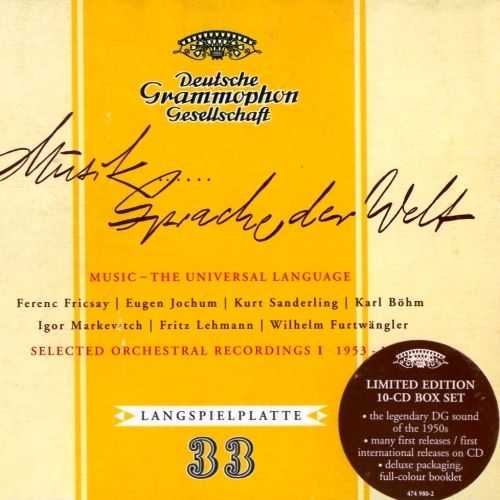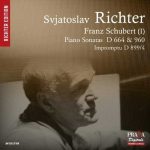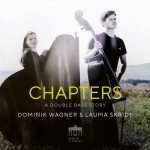
Performer: Elisso Wirssaladze
Composer: Franz Schubert
Audio CD
SPARS Code: DDD
Number of Discs: 1
Format: APE (image+cue)
Label: Live Classics
Size: 205 MB
Recovery: +3%
Scan: no
# Adagio for piano in E major, D. 612
Composed by Franz Schubert
with Elisso Wirssaladze
# Waltzes (12) for piano (“Grazer”), D. 924 (Op. 91)
Composed by Franz Schubert
with Elisso Wirssaladze
# Piano Sonata No. 13 in A major, D. 664 (Op. 120)
Composed by Franz Schubert
with Elisso Wirssaladze
# Allegretto for piano in C minor, D. 915
Composed by Franz Schubert
with Elisso Wirssaladze
# Pieces (3) for piano (impromptus), D. 946
Composed by Franz Schubert
with Elisso Wirssaladze
A Major Schubert Player
I’m in the process of discovering the talents of the Russian pianist, Elisso Wirssaladze (sometimes transliterated as Virsaladze) who is a 60ish professor of piano at the Moscow Conservatoire. I had never heard of her until recently, and I’ve been gathering CDs as fast as I can after I first heard some of her playing. This all-Schubert disc is taken from a couple of live recitals [ December 1997 and April 1998] and is titled ‘In Memoriam: Sviatoslav Richter’; he had died in August, 1997.
It includes two major pieces – the earlier of the A major sonatas, D. 664, and the late ‘Drei Klavierstücke’ D. 946 – and some – one wants to say negligible – occasional pieces, but nothing by Schubert seems to be negligible, does it? There is the Adagio in E major, D. 612, in a serenely beautiful reading; the Twelve Graz Waltzes, D. 924 which offers some heart-catchingly lovely tunes often dressed up with right-hand filigree played with gossamer brilliance; and the melancholy C minor Allegretto, D. 915.
The gently lyrical three-movement A major sonata was written at the same time as Schubert’s beloved ‘Trout Quintet.’ I compared Wirssaladze’s playing with two well-known recordings, the 1982 Brendel and Radu Lupu’s 1991 recording. It falls somewhere in between them interpretatively. Her gently sensuous tone color more imitates that of Lupu, but her structural approach is more that of Brendel. She takes the Allegro third movement at a much more leisurely pace than Lupu, who races to the finish, and she infuses more gemütlichheit than Brendel. I prefer hers to both.
The Three Piano Pieces are a sonata in all but name (in my own crazy way of looking at things) and are among my favorite late Schubert pieces. I compared her playing with that of Maurizio Pollini and Andras Schiff (as well as Richard Goode in the first piece). She doesn’t generate as much excitement as Schiff in the first piece, but otherwise holds her own very nice in such august company. Her right hand sings the gloriously simple melody of the middle piece, Allegretto, like a great soprano. She handles the off-beat accents in the last piece, Allegro, without ever making them ugly and makes the transitions to the chorale-like sections very naturally.
If I had to describe her overall approach to Schubert it would be to say that her playing is generally lyrical and finely nuanced, perhaps more on the delicate side. I don’t know if she has recorded any more Schubert, but I intend to find out.
One minor caveat: the recorded piano sound tends to be slightly clattery in its very highest reaches and there is a recurring climax in the first of the Three Pieces that sounds harsh as a result. Otherwise, the sound is fine.
This is a superb Schubert disc and I will be reaching for it often.
Reviewed by Scott Morrison.




Whatever, thank you again.